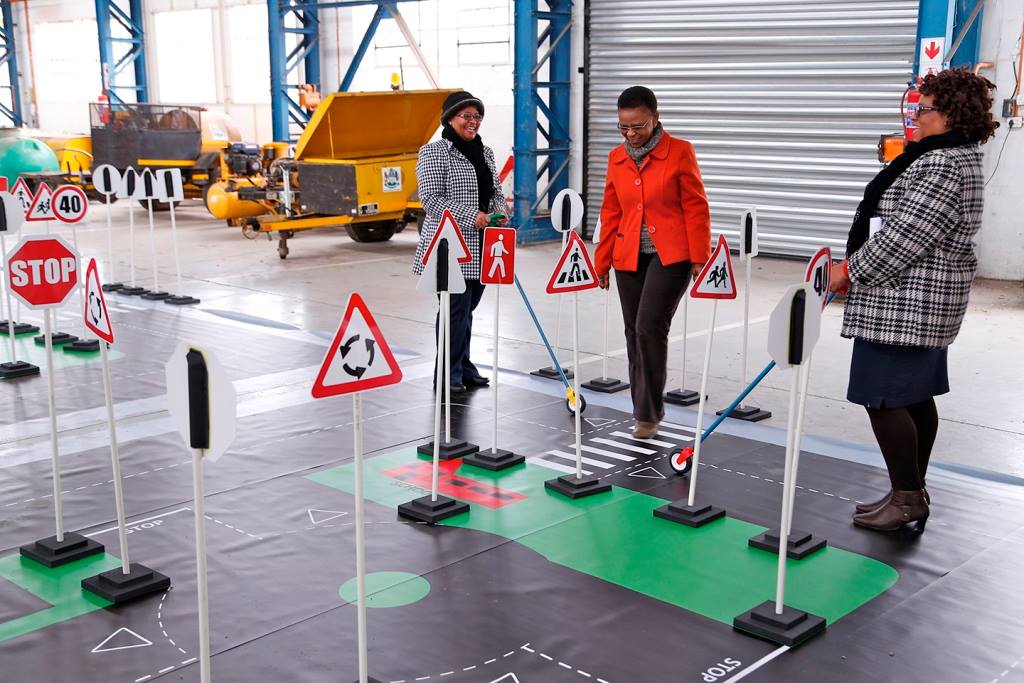Parents of children with autism spectrum disorder (ASD) and attention deficit hyperactivity disorder (ADHD) face heightened risks of anxiety, depression, and burnout while managing therapy schedules, advocating for school support, and handling behavioural challenges.
Recent healthcare data, unfortunately, reveals that South Africa has witnessed a clear and concerning upward trend in these developmental disorder diagnoses among children aged 0-12 years.
Statistics from one of the country’s largest medical scheme administrators show:
• 89% increase in ADHD cases between 2022 to 2024 (6,596 children to 12,471).
• 73% increase in ASD diagnoses between 2022 to 2024 (1,697 children to 2,942).
Even factoring in improved awareness and screening contributing to these statistics, concerned healthcare experts are demanding that the rising trend receives immediate attention and action.
This surge in childhood developmental disorders poses a critical health challenge in South Africa. More devastating is the substantial human cost behind these numbers. Developmental disorders that go untreated or people who are treated late can affect the child’s education, future job opportunities, and mental health throughout life.
However, South African families and clinicians are encountering a healthcare landscape-public and private-that presents seemingly insurmountable obstacles to managing childhood developmental disorders. For parents, the journey is arduous, beginning with the challenges of navigating fragmented services-diagnosis, therapy, and follow-up care are often poorly coordinated-leaving them desperately battling to piece together a complex puzzle of appointments and support networks.
Financial hurdles add another layer of stress, as essential therapies frequently fall outside the scope of standard medical coverage, creating barriers that disproportionately affect vulnerable communities. The situation is further compounded in rural areas, where access to specialized paediatric services remains limited, forcing some families to travel long distances or simply not make the journey to care altogether. These realities underscore the urgent need for a more integrated and accessible system of support for children and their caregivers.
Healthcare experts are advocating for several systemic changes. These include recommending developmental screenings become a mandatory part of routine child health visits, ensuring early identification of potential challenges. Strengthening collaboration between healthcare providers and educational institutions is also seen as vital to delivering cohesive support to children and their families. In addition, experts urge innovation in healthcare funding models that prioritise early intervention, making it possible for more children to receive necessary care during the most critical stages of development.
The stakes are high: if developmental disorders remain untreated, they may adversely affect educational attainment, employment opportunities, and long-term mental health. Addressing these issues is therefore an ethical obligation and an economic imperative. Several healthcare providers, including Medscheme, are exploring value-based care (VBC) solutions that have the potential to transform treatment approaches. These solutions aim to integrate diagnostic assessments, therapy sessions, and caregiver education into comprehensive care packages. Rather than focusing on the volume of services provided, value-based care links treatment outcomes to measurable functional improvements for children.
This approach encourages collaborative, team-based models where professionals work together to support families throughout their care journey. Early intervention enhances outcomes for children and contributes to the reduction of long-term healthcare, educational, and social expenditures,
As South Africa addresses this emerging health challenge, progress will depend on coordinated initiatives among healthcare professionals, educators, and policy makers. Collaborative efforts are essential to ensuring that parents of children with developmental disorders can access the comprehensive support necessary for their well-being and development.
